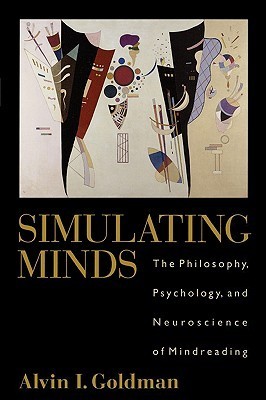
Author

Alvin Ira Goldman (born 1938) is an American philosopher who is Emeritus Board of Governors Professor of Philosophy and Cognitive Science at Rutgers University in New Jersey and a leading figure in epistemology. Goldman earned his BA from Columbia University and PhD from Princeton University, and previously taught at the University of Michigan (1963–1980), the University of Illinois, Chicago (1980–1983) and the University of Arizona (1983–1994). He joined the Rutgers faculty in 1994[1] and retired in 2018.[2] He is married to the ethicist Holly Martin Smith. Goldman's accounts of knowledge and justified belief, using notions like causation and reliability instead of normative concepts like permissibility and obligation, contributed to a philosophical approach that came to be known in the 1970s as naturalized epistemology.